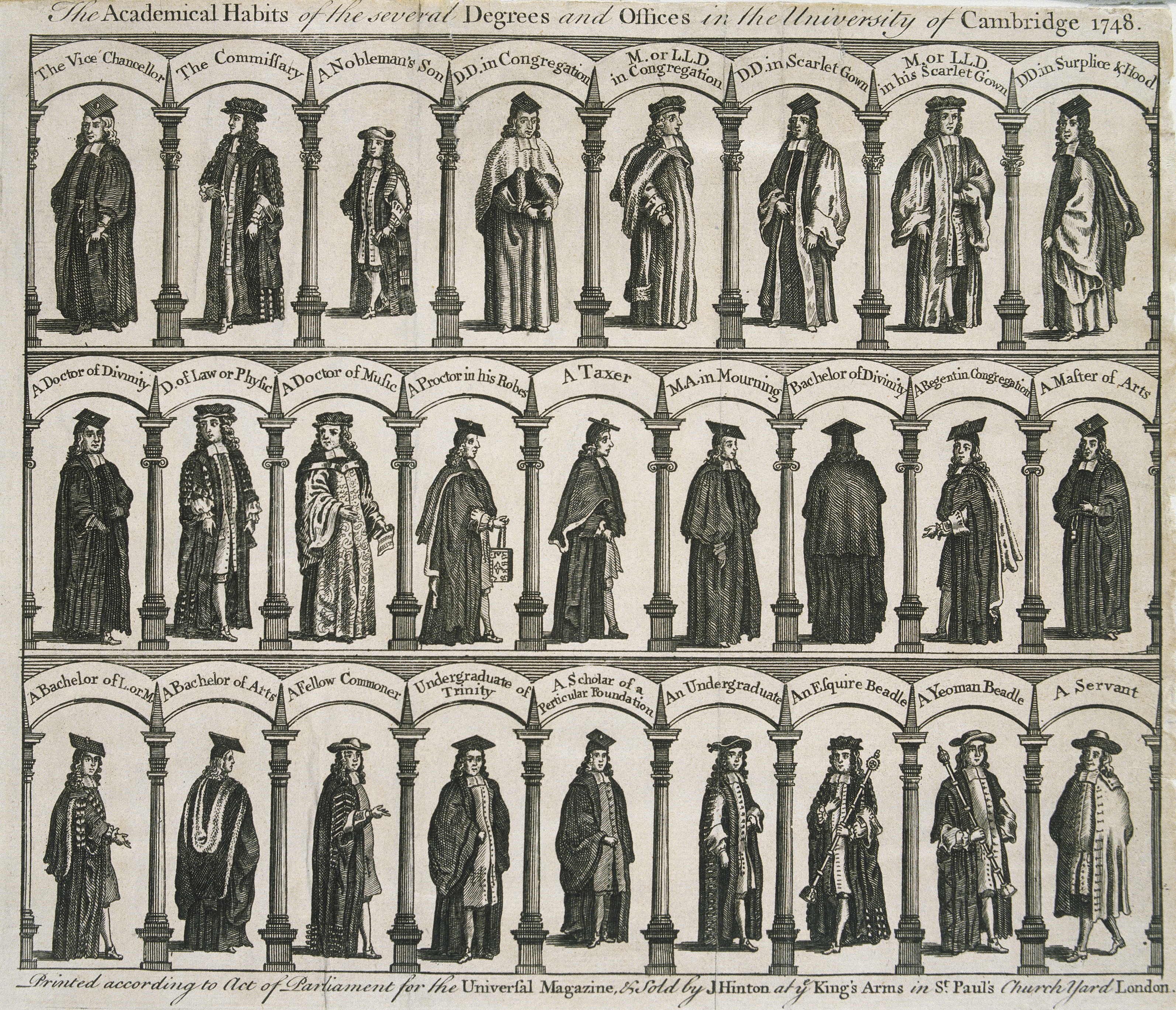Thomas Piketty is wrong about education
More schooling won't solve inequality or fix Europe


A free daily email with the biggest news stories of the day – and the best features from TheWeek.com
You are now subscribed
Your newsletter sign-up was successful
Rock star left-wing economist Thomas Piketty caused a minor stir in recent days with comments suggesting that public discussion of his best-selling book Capital in the Twenty-First Century kind of misrepresented the book itself.
In a new paper, Piketty says that commentators have misused his famous r > g formula — which essentially says that the return on capital (r) exceeds the economy's growth rate (g), making the gap between rich and poor ever wider as time goes on. When people use r > g as a total explanation for today's shameful level of inequality, Piketty says, they are not correctly representing his book's argument. Instead, his book should be read as an explanation for the massive inequality of pre-Great Depression capitalism, and a prediction of what will happen if we don't take action to prevent wealth concentration. As he says in the book, about one-third of current inequality is due to capital income; the rest is due to wage inequality.
When it comes to the content of his book, Piketty is on solid ground — and critics who have been dinging the economist for retreating or revising (including my colleague Jim Pethokoukis) are wrong to suggest that Piketty has somehow now been intellectually obliterated.
The Week
Escape your echo chamber. Get the facts behind the news, plus analysis from multiple perspectives.

Sign up for The Week's Free Newsletters
From our morning news briefing to a weekly Good News Newsletter, get the best of The Week delivered directly to your inbox.
From our morning news briefing to a weekly Good News Newsletter, get the best of The Week delivered directly to your inbox.
But outside of this new kerfuffle, it's true that Piketty has indeed put forth some highly questionable arguments — namely by pinning some of the blame for inequality and the terrible growth in Europe on a lack of education. He blames wage inequality in part on "rising inequality in access to skills and to higher education." In an interview with Der Spiegel, Piketty put a lack of investment in higher education as the reason Europe is not growing as strongly as the United States:
We need to invest more money in training our young people, and in innovation and research. That should be the most important goal of an initiative to promote European growth. It isn't normal that 90 percent of the world's top universities are in the United States and our best minds go overseas. The Americans invest 3 percent of their GDP in their universities, while it's more like 1 percent here. That's the main reason why America is growing so much faster than Europe. [Der Spiegel]
Here, Piketty is dead wrong.
Of course it's true that better-educated people tend to make more money. But as I've pointed out before, it does not necessarily follow that increasing educational attainment would improve overall wages. Since 1973, we've almost tripled the level of college attainment, and during that time inequality skyrocketed. Instead of seeing a large and growing wage premium to education, as one would expect from the skills-shortage story, wages for college graduates have actually fallen since 2000.
The story of how education is supposed to operate also fails on an individual level. If a lack of skills explains why median incomes are stagnant, then presumably we would see lots of poor people who managed to scrape into college shooting up into the middle and upper class, while rich people who don't would fall down. In fact, the opposite is true: Kids from rich families who don't even go to college are two and a half times more likely to end up rich than poor people who do go to college.
A free daily email with the biggest news stories of the day – and the best features from TheWeek.com
Piketty's European argument is even worse. If his figures are correct, I could see why Europe might want to invest some more in higher ed. But it is unquestionably the case that austerity, not education, is behind Europe's slow growth. If you plot growth rates versus austerity from 2010-2013, as Paul Krugman does here, the relationship is stone obvious. Even the IMF admits it.
Education is as nonsensical as any other supply-side explanation for economic weakness during a depression. It's like saying you need to replace your car's tires to make it go faster when it's out of gas.
Now, to be fair to Piketty, these are only very small portions of his various arguments (which are generally pretty good), and he is certainly no fan of austerity in general. Nothing here should be construed as an attack on education per se, only on the idea that it alone can solve inequality or slow growth.
But there is already far too much focus on education as some kind of economic panacea from the Davos set. Piketty shouldn't be giving them any ammunition.
Ryan Cooper is a national correspondent at TheWeek.com. His work has appeared in the Washington Monthly, The New Republic, and the Washington Post.
-
 The ‘ravenous’ demand for Cornish minerals
The ‘ravenous’ demand for Cornish mineralsUnder the Radar Growing need for critical minerals to power tech has intensified ‘appetite’ for lithium, which could be a ‘huge boon’ for local economy
-
 Why are election experts taking Trump’s midterm threats seriously?
Why are election experts taking Trump’s midterm threats seriously?IN THE SPOTLIGHT As the president muses about polling place deployments and a centralized electoral system aimed at one-party control, lawmakers are taking this administration at its word
-
 ‘Restaurateurs have become millionaires’
‘Restaurateurs have become millionaires’Instant Opinion Opinion, comment and editorials of the day
